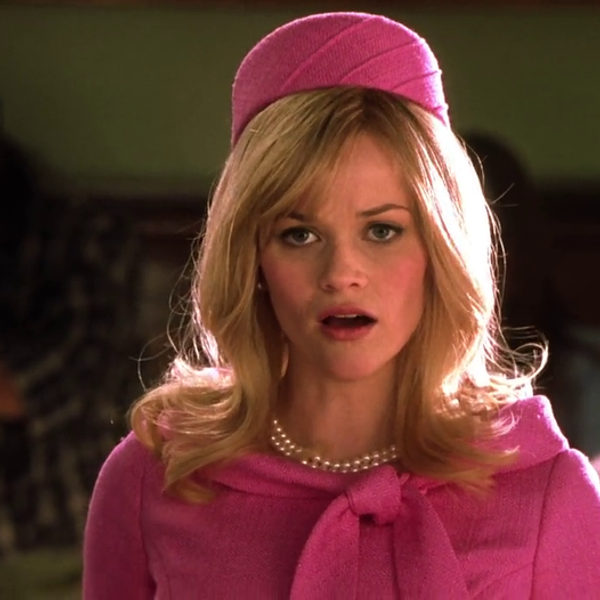I groggily awoke several weeks ago to the sound of Chance the Rapper "BWAH"-ing to his favorite song. Confused that this wasn’t my usual, peaceful 8:30 A.M. alarm, I lurched for my phone to see an incoming call from my friend. When I answered, my Economics professor was on the other end, calling me in front of our entire lecture hall to ask why I wasn't in class. I coughed dramatically, explaining my (feigned) illness. He returned the phone to my friend after letting me know I had just been one of the two students in the whole class who got a perfect score on the exam.
"Oh." I sniffed, listlessly examining dust particles dancing around a single beam of sunshine under my blinds. Yawning, I promised to read the next chapter before falling back asleep.
I was confused by my own blasé reaction to my professor’s phone call. "It was purely luck that you got that score," I convinced myself. "Tests don't reflect how smart you are. Don’t get a big head."
I have always doubted my intelligence.
Growing up in a culture that heralds its social progress, you would think I could comfortably discuss my academic success sans gender issues. So, why did I have to work twice as hard as my brother to only get half the recognition? Why did I constantly have to feign modesty when I worked hard and should have been proud of my achievements? When I got a 33 on my ACT, it was not enough. When I took it again, I got 35s-- one-point below the mark. Not good enough. I took it again. One point below the mark again. I took it six times, in hopes of a validation. All I could focus on was that one dang point, not the other 35. Why was I relentlessly questioning if it was “enough”?
Out of fear of being deemed pretentious while growing up, I often attempted to dumb down. In elementary school, it wasn’t cool to be the smart girl. The vapid reality TV stars were our standard of measure of what it meant to be the cool girl. I would cast my head down in embarrassment as I transferred daily at 1:00 o’clock from my fourth grade classroom to the sixth grade class, where I would join the Big Kids for algebra.
Nerd. Molly thinks she’s better than us.
I fought ceaselessly with my mom over the mortification of signing up for junior-year level honors classes as a fifteen year old. In my mind, if male peers viewed me as “smart” they would never see me first as “girl.”
I would never let on that I was getting application letters from Harvard (I threw them away) or that in my free time I watched History channel, because that’s not cool and fun. I did not understand that I could be both fun and intellectual. Internally I was obsessed with academic perfection, but I only wanted people to see the image of me as the bedazzled bow-wearing, fake-eyelash-rockin blonde, cheering to the school song at home games.
After years of maturing in a collegiate environment, however, I now feel the offense behind statements such as “OMG Molly, I’m surprised. You're actually really smart!"
Actually?
What tricked you? Was it my “gangsta rap” playlist? My smoky-eye and Sephora-lip-plumping smirk? Well, friends, I have a newsflash: Deductive reason can be flawed.
Upon receiving my Economics exam back, I did some soul-searching. The epiphany was nineteen years in the making and it slapped me good and hard. Slapped me like I was Barney Stinson on Slapsgiving with five slaps left: I am smart and I do not have to pretend otherwise. I am enough. If I could write a letter to my insecure younger self, I would urge her to stop being modest about her abilities. To stop letting people (and her own subconscious) underestimate her immeasurable talents.
So, preteen me: You are not vain for displaying your intellectual capabilities; you are a knowledgeable and confident young woman. Don’t wait for others to catch up with you—sprint right past them and don’t look back because the universe owes you nothing and you have so much to accomplish. Stop being modest.




















